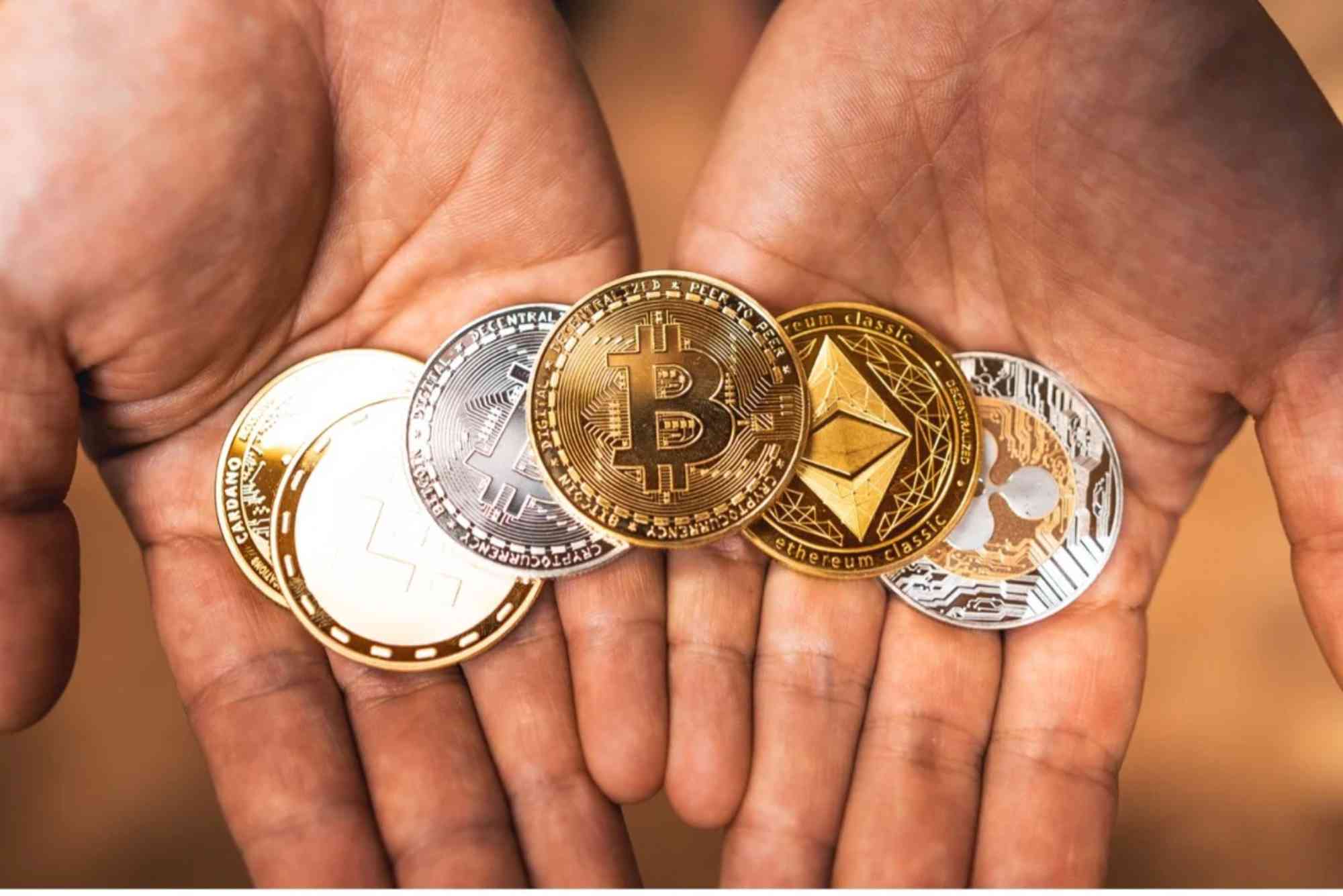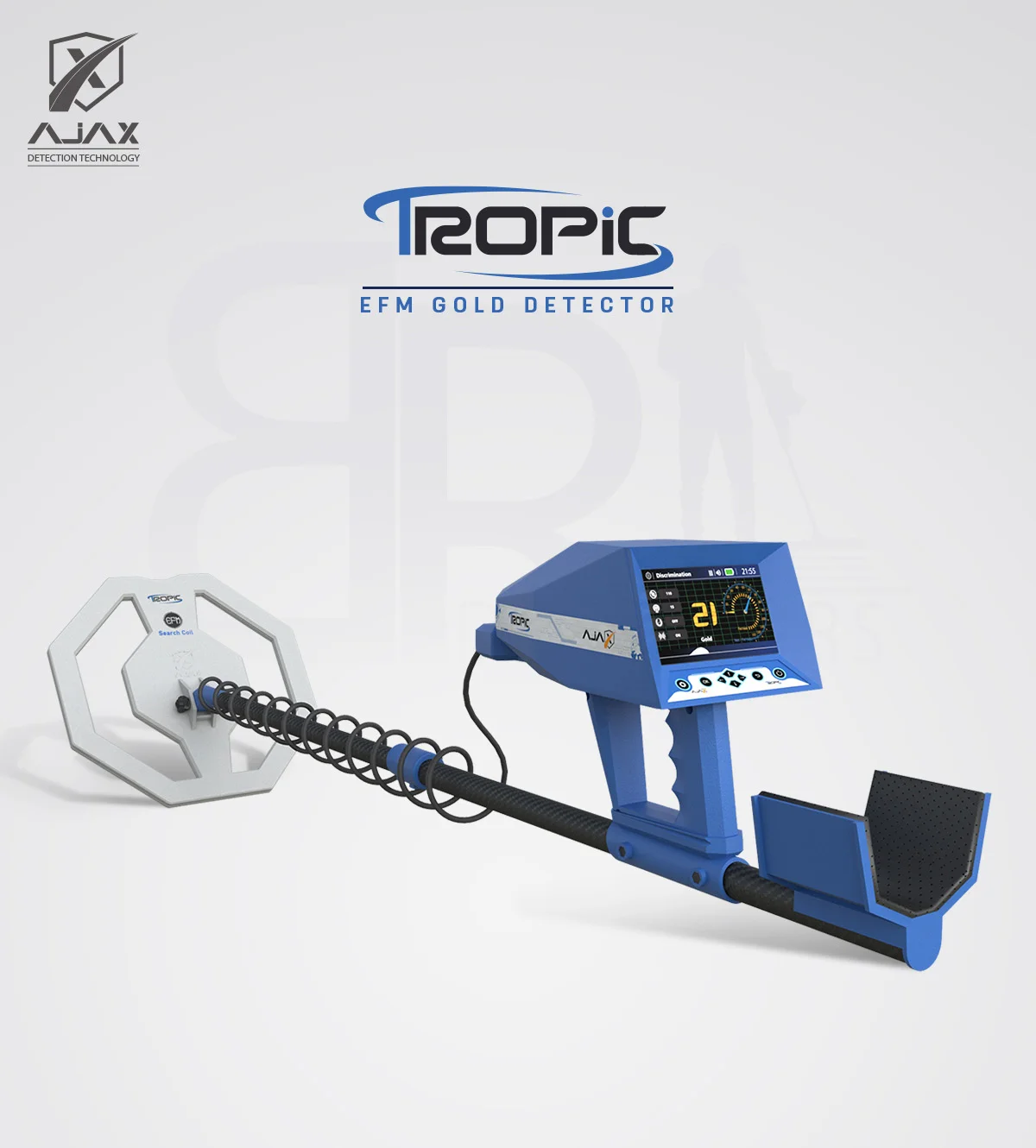Crypto Futures Exchanges: What You Need to Know
The world of cryptocurrency trading has expanded far beyond buying and holding Bitcoin or Ethereum. Among the advanced trading options, crypto futures have gained significant popularity for traders seeking higher returns and more strategic opportunities. Understanding crypto futures exchanges is essential for anyone who wants to dive deeper into crypto markets. These platforms allow traders to speculate on the future price of digital assets without necessarily owning them, offering a unique combination of leverage, risk management, and hedging potential.
What Is a Crypto Futures Exchange?
A crypto futures exchange is a platform where traders can buy and sell futures contracts tied to cryptocurrencies. Unlike regular crypto exchanges that involve the direct purchase or sale of coins, futures contracts are agreements to buy or sell a particular cryptocurrency at a predetermined price on a future date. This enables traders to profit from both rising and falling markets. The exchange facilitates these contracts, providing the necessary infrastructure, liquidity, and risk management tools.
Crypto futures exchanges operate similarly to traditional financial futures markets but are tailored to the high volatility and decentralized nature of cryptocurrencies. They allow traders to speculate on price movements, hedge existing positions, and employ strategies like short selling and leverage trading. Leading crypto futures exchanges often include features like high-speed order execution, advanced charting tools, and risk control mechanisms to protect both traders and the platform.
Key Features of Crypto Futures Exchanges
Understanding the unique features of crypto futures exchanges is crucial for navigating the market safely and effectively.
Leverage Trading
One of the primary attractions of crypto futures exchanges is leverage. Leverage allows traders to control a larger position than their actual capital. For example, a 10x leverage means a $1,000 investment can control a $10,000 position. While leverage can amplify profits, it also increases the potential for losses, making risk management vital. Traders must be aware of liquidation levels and margin requirements to avoid unexpected losses.
Short Selling
Crypto futures exchanges enable short selling, meaning traders can profit from falling cryptocurrency prices. By selling a futures contract, traders agree to sell an asset at a specified future price. If the market price drops, they can buy back at a lower price, earning the difference as profit. Short selling is an essential tool for hedging against market volatility and balancing investment portfolios.
Hedging Opportunities
Hedging is another important feature of crypto futures trading. Traders and investors can use futures contracts to protect their holdings from adverse price movements. For instance, a Bitcoin investor can open a short futures position to offset potential losses if the market declines. This strategy allows for better portfolio management and reduces the overall risk exposure in a volatile crypto market.
Variety of Contract Types
Crypto futures exchanges offer various types of contracts. The most common include perpetual futures and traditional futures. Perpetual contracts do not have an expiration date, allowing traders to hold positions indefinitely, whereas traditional futures have fixed expiration dates. The choice of contract type depends on the trader’s strategy, risk tolerance, and investment horizon.
Advanced Trading Tools
Leading crypto futures exchanges provide advanced trading tools such as stop-loss orders, take-profit orders, and automated trading bots. These features help traders manage risk, execute strategies efficiently, and respond quickly to market changes. Access to technical analysis tools, real-time data, and market depth charts further enhances trading decisions.
How to Choose the Right Crypto Futures Exchange
Selecting a reliable and secure crypto futures exchange is crucial. Several factors determine the quality of a platform, and careful consideration can significantly impact trading success.
Security Measures
The first priority should be security. Look for exchanges with strong security protocols, including two-factor authentication (2FA), cold storage for funds, and regular security audits. Security breaches in crypto futures exchanges can result in severe financial losses, so always choose platforms with a solid reputation.
Liquidity
Liquidity affects how easily trades can be executed at desired prices. High liquidity ensures tighter spreads, faster order execution, and minimal slippage, which is especially important for leveraged trades. Leading exchanges often have high trading volumes and robust order books to support seamless trading.
Regulatory Compliance
Regulation plays a critical role in the safety and legality of trading. Reputable crypto futures exchanges comply with local and international financial regulations. This adds a layer of trust and accountability, protecting users from potential fraud and legal issues.
User Experience
A smooth and intuitive interface enhances trading efficiency. Look for exchanges with clear navigation, responsive platforms, and reliable customer support. Mobile apps and desktop platforms should provide the same level of functionality to accommodate trading on the go.
Fees and Costs
Trading fees, funding rates, and withdrawal costs vary between exchanges. Lower fees improve profitability, especially for high-frequency traders. Always review the fee structure and understand how it affects long-term trading performance.
Risks of Trading Crypto Futures
While crypto futures exchanges offer potential rewards, they also carry significant risks. The volatility of cryptocurrencies means that prices can swing dramatically within minutes. Leveraged trading, while attractive for profit potential, can quickly lead to liquidation if the market moves against a position. Traders must use risk management strategies such as stop-loss orders, position sizing, and portfolio diversification to mitigate losses.
Market manipulation is another concern, particularly on smaller exchanges with low liquidity. Traders should stay informed, follow credible sources, and analyze market trends before opening positions. Understanding the mechanics of futures contracts, funding rates, and liquidation processes is essential for long-term success.
Benefits of Trading on Crypto Futures Exchanges
Despite the risks, crypto futures exchanges provide unique opportunities. They allow traders to speculate on price movements without owning the underlying assets, which saves on storage and security concerns. Leverage trading magnifies potential gains, while hedging protects investments against market downturns. The flexibility of contract types and access to advanced tools enable sophisticated trading strategies, making futures exchanges suitable for both experienced traders and professional investors.
Tips for Successful Crypto Futures Trading
- Educate Yourself: Learn about futures contracts, leverage, and risk management strategies. Understanding the fundamentals is crucial before trading.
- Start Small: Begin with smaller positions and gradually increase exposure as experience grows.
- Use Stop-Loss Orders: Protect investments by setting stop-loss levels to limit potential losses.
- Diversify: Avoid putting all funds into a single trade or contract. Spread risk across multiple positions.
- Stay Informed: Monitor market news, trends, and technical indicators to make informed decisions.
Popular Crypto Futures Exchanges
Some of the most well-known crypto futures exchanges include Binance Futures, Bybit, FTX (now restructuring), and Kraken Futures. These platforms are recognized for their liquidity, security, and advanced trading features. They offer a range of cryptocurrencies, leverage options, and contract types to suit various trading strategies. Each platform has unique strengths, and traders should assess which aligns best with their goals and risk tolerance.
The Future of Crypto Futures Exchanges
Crypto futures trading is evolving rapidly. With increasing adoption of digital assets, improved regulatory clarity, and technological advancements, futures exchanges are becoming more sophisticated and accessible. Institutional investors are entering the market, bringing higher liquidity and stability. Additionally, decentralized futures exchanges (DeFi) are emerging, offering peer-to-peer trading without centralized intermediaries. This evolution promises greater transparency, efficiency, and opportunities for both retail and professional traders.
Crypto futures exchanges provide an advanced and versatile platform for traders to profit from the volatile cryptocurrency market. They offer leverage, short selling, and hedging opportunities that go beyond traditional spot trading. While the risks are significant, proper education, risk management, and informed decision-making can make futures trading a valuable addition to a crypto investment strategy. Whether you are an experienced trader or a curious newcomer, exploring crypto futures exchanges can enhance your understanding of digital assets and trading strategies. Start researching, choose a reputable platform, and develop a strategy that fits your goals. The crypto market moves fast, and being prepared is the key to success.
Begin your journey with crypto futures trading by selecting a secure and reliable exchange today. Learn, practice, and trade responsibly to maximize opportunities in the dynamic crypto market.
FAQs
What is a crypto futures exchange?
A crypto futures exchange is a platform where traders buy and sell futures contracts based on cryptocurrencies, speculating on future prices.
How does leverage work in crypto futures trading?
Leverage allows traders to control larger positions with less capital, increasing potential profits and risks simultaneously.
Can I lose more than my investment?
Yes, using high leverage without proper risk management can lead to losses exceeding your initial investment.
What is the difference between perpetual and traditional futures?
Perpetual futures have no expiration date, while traditional futures expire on a specific date, requiring settlement.
Is crypto futures trading safe?
It carries high risk. Choosing reputable exchanges, using stop-loss orders, and understanding contracts improves safety but does not eliminate risk.
How can I hedge using crypto futures?
By taking positions opposite to your current holdings, you can offset potential losses if market prices decline.
Are there decentralized crypto futures exchanges?
Yes, DeFi platforms allow peer-to-peer futures rading without centralized intermediaries, though they are less regulated.
What is the best strategy for beginners?
Start with low leverage, educate yourself, use stop-losses, and focus on risk management rather than quick profit.




